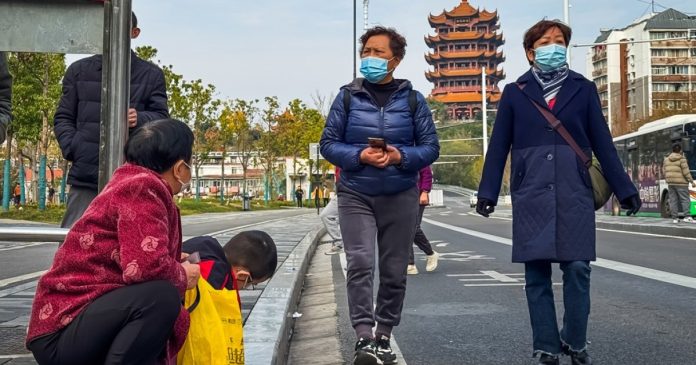China faced a new outbreak caused by metapneumovirus (HMPV), which causes serious fears among medical professionals. The outbreak is observed mainly in the northern provinces of the country where cases have increased significantly, especially among children under 14 years of age. Symptoms of metapneumovirus are similar to a common cold, but the disease can lead to serious complications, such as pneumonia, and in some cases fatal.
Metapneumovirus is transmitted by airborne droplets, like influenza and Covid-19. Usually the infection is manifested by cough, fever, nasal congestion and fatigue. The incubation period lasts from three to six days. Although most cases of the disease take place as a common cold, the virus can cause serious complications, especially among vulnerable groups - children and elderly with weakened immunity. It is important that hospitals and crematoriums in some regions of China are already crowded, which indicates the severity of the situation. Epidemiologists also indicate possible circulation of several viruses at the same time-H1N1 flu, metapneumovirus, mycoplasma pneumonia and COVID-19.
To date, there is no vaccine against metapneumovirus, so doctors recommend being careful using uncontrolled antiviral drugs. As the virus is still actively spreading, Chinese officials have introduced a system of monitoring cases of pneumonia of unknown origin, which allows to track the spread of the disease promptly. This outbreak occurs five years after the Covid-19 pandemic begins, and it emphasizes the importance of constant monitoring of new infections, as well as adapting health care systems to rapidly changing conditions. The absence of a metapneumovirus vaccine creates additional difficulties in the fight against the disease, which can cause new challenges for medical institutions not only in China but also in the world.
Due to the current situation, locals are advised to avoid uncontrolled use of antiviral agents and follow the general prevention measures - to wash their hands more often, to wear masks in crowded places and to see a doctor at the first signs of the disease.


